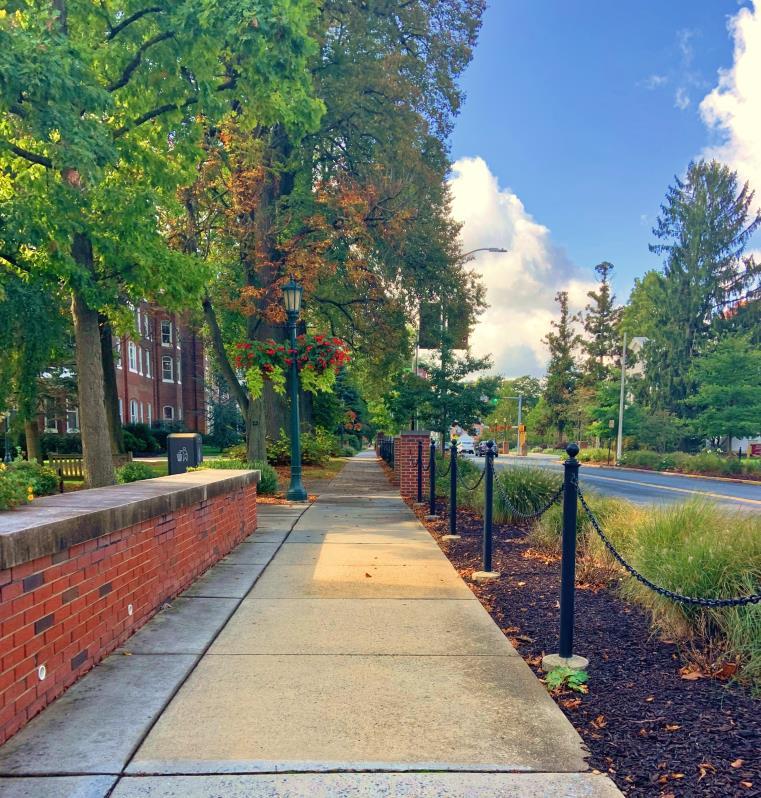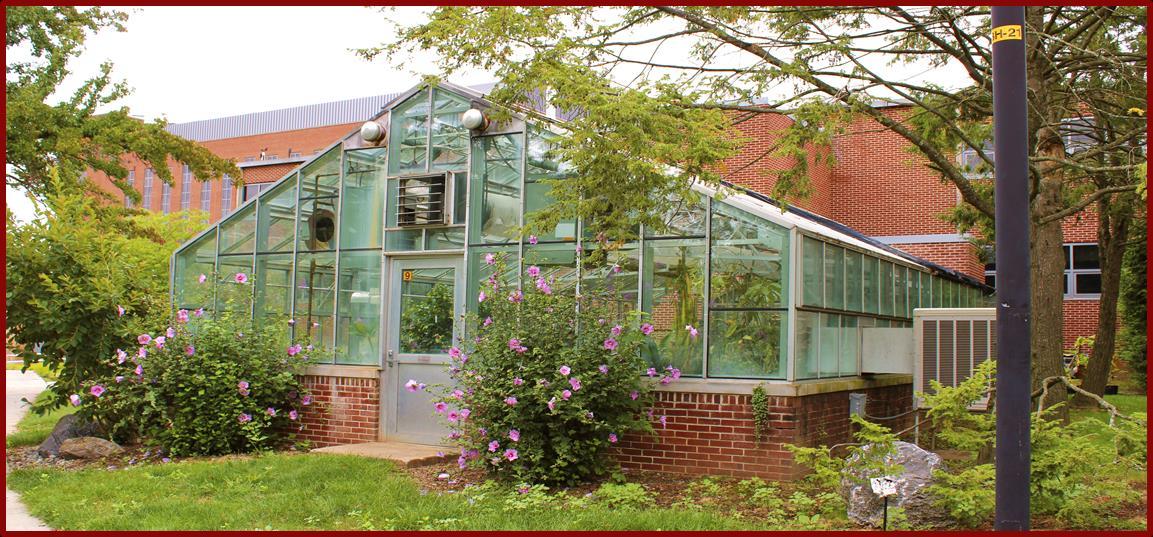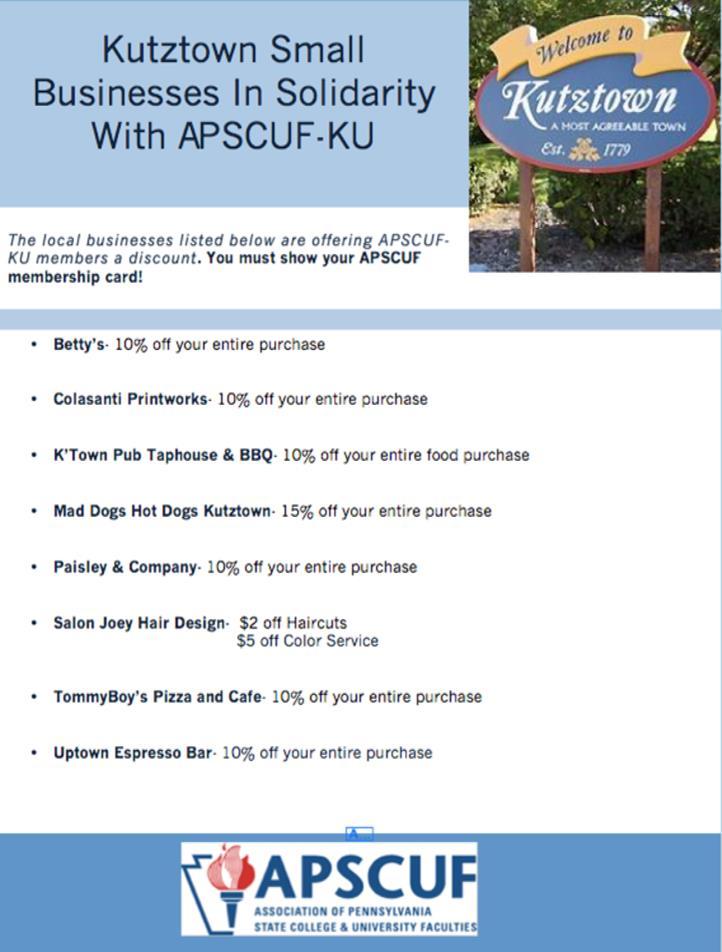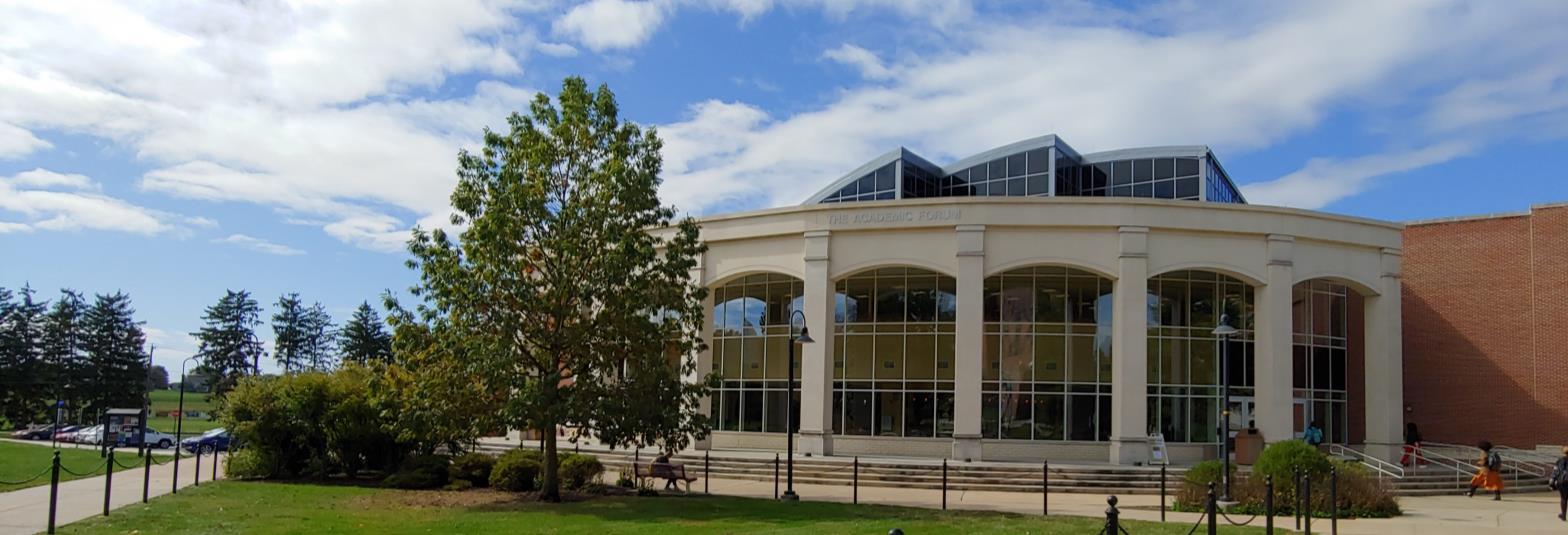
7 minute read
What is Enough?
by KU-APSCUF
What is Enough?
By Fiona O’Toole
Advertisement
Many universities released statements acknowledging the social injustices of this past summer. Some went on to release comprehensive plans of how the school will improve the safety and equality of its students and faculty. However, the faculty and students at various universities spoke out against the lack of action their own school is taking.
Students at many universities across the country were upset at the lack of specificity in the statements released by their university in the wake of the killing of George Floyd. Simply stating that the university recognized that there is social injustice happening in the country and at the university does not aid in the eradicating of those injustices. “Whatever wrongs universities have perpetrated or neglected to rectify are compounded when university authorities speak thoughtlessly or insincerely about matters that cut so deeply,” says Randall Kennedy of The Chronicle of Higher Education.
Dartmouth College released a statement following the killing of George Floyd, stating, “We know there are no easy solutions to eradicate the oppression and racism Black and other students, faculty, and staff of color experience on our campus.” However, the announcement did not address what the school was going to do to move toward the eradication of oppression and racism on campus. This led to frustration from the faculty, staff, and students because the college seemed to be keeping with the status quo of what other universities were doing at the time instead of truly wanting to tackle the oppression and racism on Dartmouth’s campus.
Princeton University faced a similar issue several months ago in July after many of their faculty, staff, and students signed a letter asking the administration to “block the mechanisms that have allowed systemic racism to work, visibly and invisibly, in Princeton’s operations,” according to the Chronicle of Higher Education. Some of the people that signed the document include prestigious faculty like Tracy K. Smith, Jhumpa Lahiri, and Paul Muldoon. The signatories of this letter outline direct steps and actions they would like the administration to make in terms of the hiring practices of the university, the diversity training of faculty and staff, and the promotion of people of color to leadership positions within the school.
Kutztown University seemed to be in the opposite situation as Princeton University. President Hawkinson released multiple statements clarifying Kutztown University’s stance on the social injustices that occurred within the past few months. The university also participated in the Peace, Love, Kutztown march where the Dean of Students spoke on behalf of the university. All of these addresses can be found on the kutztown Kutztown University website under the President’s Office Statements and Addresses.
In June, following the killing of George Floyd, President Hawkinson released two statements only days apart. The first was a joint statement with the Dean of Students, Dr. Donovan McCargo. The message was brief, stating that as always, Kutztown University is committed to making its campus a safe and equal place for all students, referencing the Bias Response Task Force and including some resources for students in need. Three days later, Dr. McCargo released his own statement. “I feel compelled to share a thought…as a dad to three black boys, a black administrator, and above all, a black man in America.” Dean McCargo confirmed again what President Hawkinson and he shared in their original announcement. He then went on to share his personal condolences and mourning for those who have lost their lives due to the social injustices in our country. Dr. McCargo stated again that as Dean of Students he will continue to do everything in his power to protect the students of this campus and asked the faculty, staff, and students of Kutztown to do the same.
The next day, President Hawkinson released a second declaration with a more specific message, “Kutztown University believes BLACK LIVES MATTER.” The president also stated that after much outcry from students, faculty, and alumni, he realized his initial statement was not enough. He stated that there are specific actions that the university must make in order to positively change the campus. The president followed through with this message by releasing Action Items related to Diversity, Equity and Inclusion (DEI) in early August.
The Action Items are over 100 points listed on how KU plans to promote diversity and inclusion. The points cover many different topics like the promotion of diversity within leadership and administrative roles. There is also a great emphasis on faculty and staff from many different areas of the university having to participate in diversity training to be able to better serve students of color. The items address how KU is recruiting students and how it affects the diversity of the student body. There is also the request to increase funding to the Multicultural Center. These points all work with the purpose of promoting equality on campus and within the KU community.
Many university and community leaders came forward to address the social unrest. Alongside the President and the Dean of Students, KU chief of police, John Dillon, released a statement condemning the type of hold that was used on George Floyd. He went on to detail how the Kutztown University police officers are committed to protecting all students by continually engaging 5
engaging in diversity training as well as using the minimal amount of force “to accomplish what [they] must do.” Matt Santos, Vice President for University Relations & Athletics, also released a statement directed at student-athletes encouraging students to reach out to coaches and other faculty with concerns and questions. He said, “now is the time for understanding, compassion and change.”
Despite what the university has done to promote diversity, equality, and inclusion, there are still injustices on and offcampus. Students, faculty, staff, and even community members have spoken out about the harmful and hateful racism present in Kutztown. On Wednesday, September 30th, there was yet another spontaneous demonstration of a group whose aim is to disrupt campus. Semester after semester, they come carrying large signs and yelling hate speech at anyone that will listen. Often students yell back and fight with them about their racist, homophobic, and blatantly hateful speech. It is interesting to think that the same university that came up with over 100 points to promote inclusion can be home to demonstrations of hate speech that would not be tolerated from student or faculty organizations. As Matt Santos said, now, more than ever, is the time for change.
Changes?

Please inform the KU APSCUF office if you have a new address or any other changes that would require Changes?an updated PA Faculty Health and Welfare Fund enrollment card. Examples of applicable changes are your name, marital status, and dependents. To make these changes, contact Sarra at (610) 6834277 or apscufku@kutztown.edu

As the COVID-19 crisis forced faculty and coaches to shift their work online, APSCUF’s membership committee shared stories of how solidarity is keeping our union strong. Click here to view stories on the APSCUF blog.
Share a story of how you are lending your expertise and talents during this time of change by emailing Chabria Thomas, director of organizing, at cthomas@apscuf.org. Please tell us who you are and what you are doing to positively impact your university and community. Please include a photo and caption information, too. You also can tag APSCUF on Twitter and Facebook and use #APSCUFproud.
Our union’s strength is equal to the hard work of our membership. If you are an adjunct, tenure-track, or tenured faculty, APSCUF-KU has a broad variety of committees that need your help. They include membership, mobilization, student liaison, grievance, academic concerns, public relations, and many more. Faculty interested in active service for tenure and promotion dossiers will find it in our committees. Adjuncts interested in conversion also have many opportunities.
Interested? Contact Sarra Guisse in our local office at sguisse@apscuf.org, 610-683-4277, or fill out a willingness to serve form here.

CAP: The Political Voice of APSCUF
APSCUF’s Committee for Action through Politics (APSCUF/CAP) is the political voice for APSCUF faculty and coaches. Since its inception in 1981, CAP has assisted faculty and coaches in making informed political decisions. CAP is a nonpartisan organization that supports candidates who will advocate for APCUF’s goals and prioriteies.
Why you should donate to CAP?
When you contribute to APSCUF/CAP, you beome involved in the political process. Your CAP donations support candidates for state office who will advocate for public higher education and have strong records on labor, education and budget issues.
APSCUF/CAP members have the opportunity to:
Attend fundraising events Build relationships with policymakers Make important endorsement decisions Assist candidates who support APSCUF goals Participate in golf outings to support candidates
To find out more about APSCUF/CAP, download the CAP brochure available online here. Visit APSCUF’s member’s forum (login required) to view APSCUF/CAP’s recommendations for elections.





